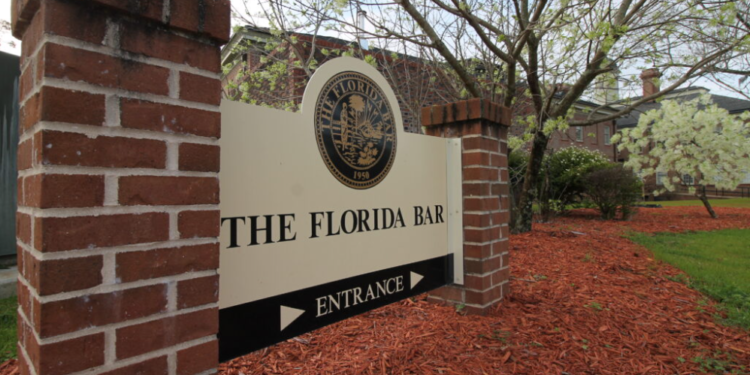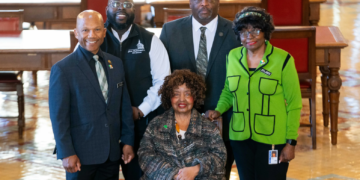Dec 14, 2024 Story by: Editor
(Reuters) – The Florida Bar has officially eliminated its internal “diversity and inclusion” policy, bowing to persistent pressure from the state’s Supreme Court to scale back diversity initiatives aimed at addressing race and gender disparities in the legal profession.
This decision marks the latest in a series of actions by the Supreme Court of Florida to dismantle diversity, equity, and inclusion (DEI) efforts. Previous rollbacks included barring the state bar from funding diversity programs and excluding diversity training from the list of approved continuing legal education topics for attorneys.
The bar’s board of governors voted to replace the former policy, which declared the organization’s “full commitment to the enhancement of diversity and inclusion” in the legal field, education, and justice system. The previous policy also affirmed a commitment to fostering “a diverse and inclusive environment.”
The newly adopted policy, titled “Improvement of the Quality of Legal Services,” omits any explicit references to diversity and inclusion. Instead, it emphasizes the bar’s commitment to improving legal services and creating an environment that promotes “equal access and opportunity for all.”
While board policies govern the Florida Bar’s operations, they do not directly regulate its 113,000 members. A spokesperson for the Florida Bar declined to comment on the decision.
Dwayne Robinson, president of the Wilkie D. Ferguson, Jr. Bar Association, which represents Black attorneys in Miami, expressed concern about the change. “The elimination of the Florida Bar’s pledge to enhance diversity is a grave concern,” Robinson said. He warned that a less diverse legal profession could undermine access to justice and potentially lead to a less diverse judiciary.
Efforts to increase diversity within the legal profession have faced mounting challenges since the U.S. Supreme Court’s 2023 decision prohibiting colleges and universities from considering race in admissions. Conservative groups have increasingly targeted bar associations, law firms, and companies with lawsuits, alleging that certain diversity programs violate anti-discrimination laws.
The American Bar Association’s legal education division faced backlash earlier this year after proposing to remove references to “race and ethnicity” from its law school diversity standards to align with the Supreme Court’s ruling. The proposal was later reversed following widespread opposition.
Tensions between the Florida Bar and the state’s Supreme Court over diversity efforts have been ongoing since at least 2021. That year, the court struck down a policy requiring continuing legal education programs with three or more presenters to include at least one speaker from an underrepresented group.
In January, the Supreme Court ordered the Florida Bar to cease funding diversity initiatives, citing the need to treat all members impartially. The bar subsequently dissolved its diversity and inclusion committee.
In February, the court removed “bias elimination” from the list of ethics topics eligible for continuing legal education credit for Florida attorneys. Later, it barred judges from earning credit for courses on “fairness and diversity.”
All seven justices on the Florida Supreme Court were appointed by Republican governors. Source: Reuters

















